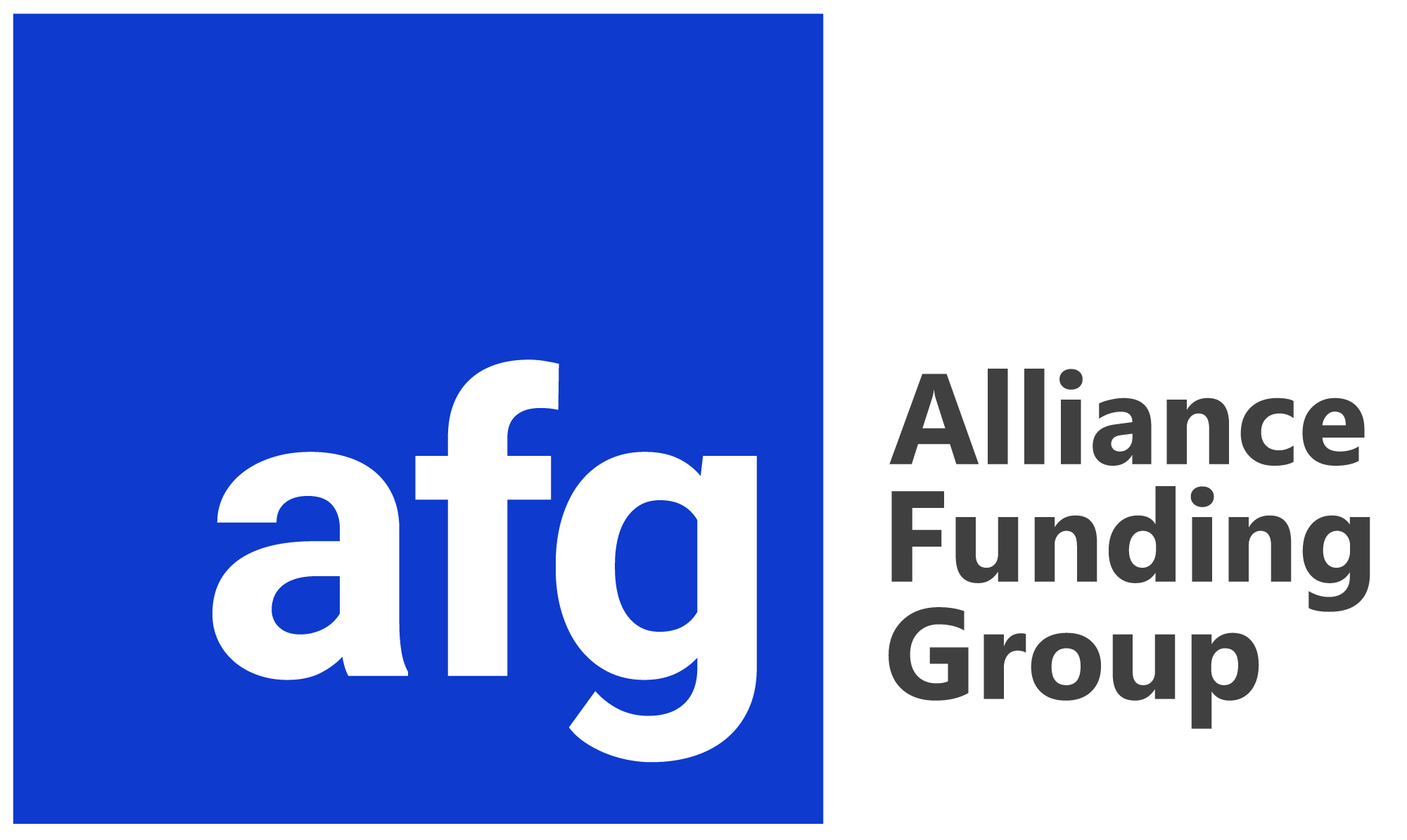The First Amendment Lease Structure
The first amendment lease structure is often a good option if you are purchasing heavy equipment as it allows you to have the option to purchase the equipment outright at various points during the contract.
No option is available to return the equipment during the lease period. If the purchase option is not utilized (at a fair market value or a specified price), the lessee must renew the lease at the end of the term.
It may make sense to consider this lease structure in many circumstances, and AFG can assist you with making a determination on it or our many other lease structures.
There are many advantages to choosing this type of lease structure, including the following:
Are you leasing expensive equipment that will increase your revenue?
When leasing expensive equipment, there can be many advantages to first choosing to lease the equipment rather than buying it outright upfront, and then making a purchase once the lease term has come to an end, or at another point during the lease.
For example, you will be able to utilize the equipment to generate revenue with a lower upfront cost when you choose the first amendment lease structure. Once the equipment has helped your company reach higher revenue levels, then you get to purchase the equipment at a fair market price.
Not sure whether to lease or buy?
It can be challenging to determine whether or not you want to lease or buy. A first amendment lease allows you to make a decision so that you can get the equipment you need and still have the option to buy it down the road.
When the lease term expires, you are able to exercise the right to purchase the equipment at a fair market price. At that point you may have to take on the added responsibility of maintenance and other costs of ownership, but you may be in a better position at that point to take on those costs.
There are a variety of other situations in which a first amendment lease may make sense for your business. Meet with one of the experts at Alliance Funding Group today to determine your specific needs. We will find the appropriate lease structure for your current situation, whether it is a first amendment lease, capital lease, operating lease, tax lease, or any other option we have.
Call us today at 1-800-978-8817 with your questions about first amendment leases or other lease structures.

